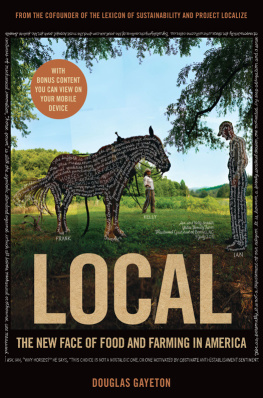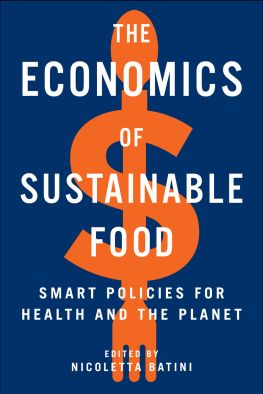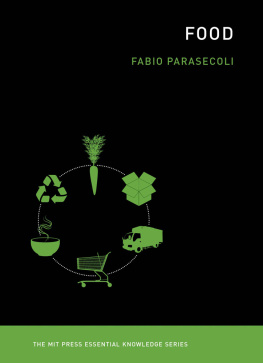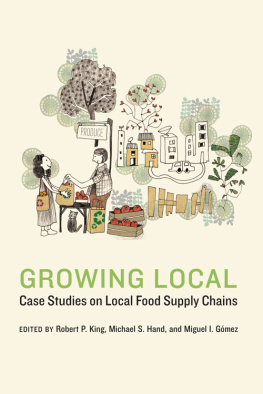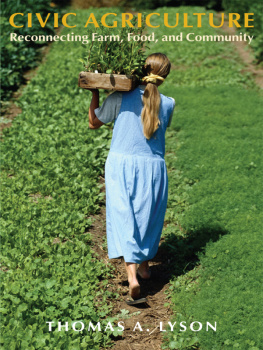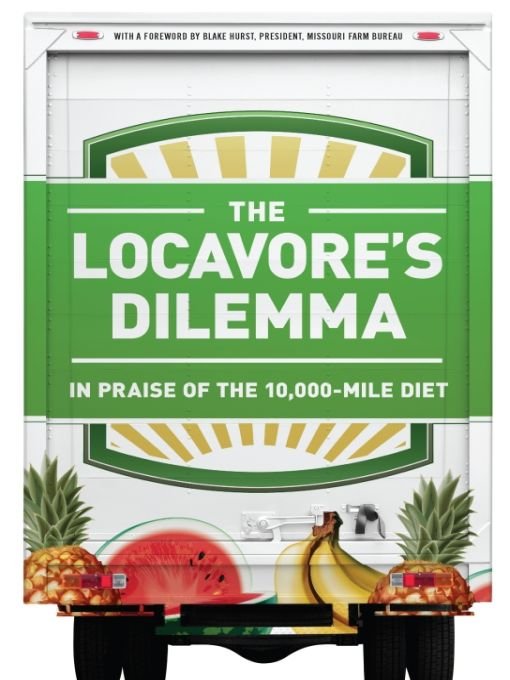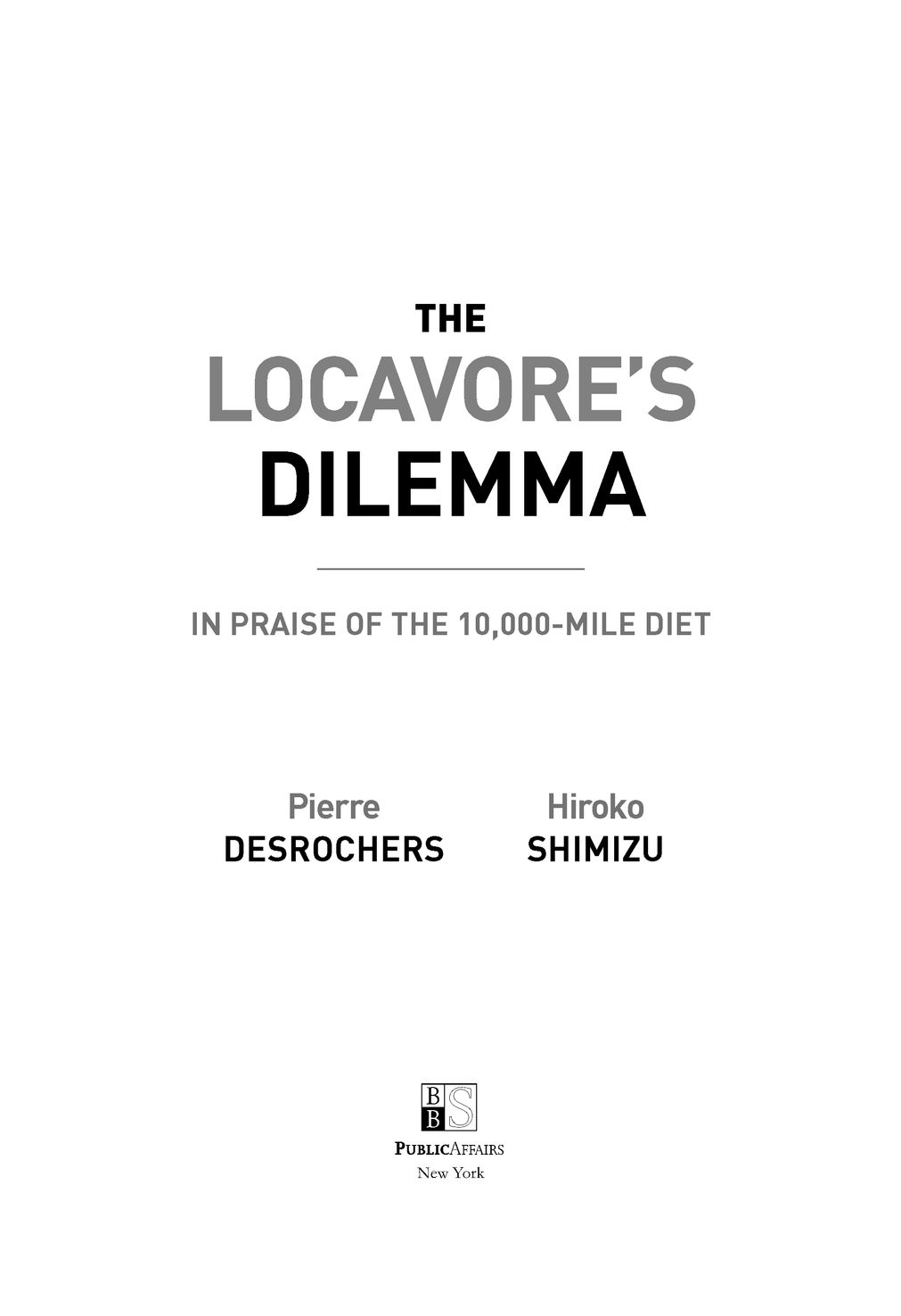Table of Contents
To Ferenc (Ferko) Csillag (19552005),
dear friend and mentor.
You are sorely missed.
[T]he time has arrived... when the various portions of the earth will each give forth their products for the use of each and of all; that the over-abundance of one country will make up for the deficiency of another; the superabundance of the year of plenty serving for the scant harvests of its successor... Climate, seasons, plenty, scarcity, distance, will all shake hands, and out of the commingling will come enough for all... God provides enough and to spare for every creature He sends into the world; but the conditions are often not in accord. Where the food is, the people are not; and where the people are, the food is not. It is, however... within the power of man to adjust these things...
THOMAS SUTCLIFFE MORT, Speech delivered on
September 2, 1875, Lithgow Valley Works (Australia).
Quoted in Mort, Thomas Sutcliffe (18161878)
in David Blair. 1881. Cyclopaedia of Australasia.
Fergusson and Moore, Printers and Publishers,
pp. 245247, p. 247.
Experience keeps constantly adding to our knowledge of the special advantages of each locality, and every free movement of trade and industry increases the sum of their usefulness to the human race. Scarcity of food can no longer exist among nations that have kept abreast of this economical revolution... Those who doubt the advantages of this universal, worldwide intercourse and exchange are bound in consistency to advocate the reversion of society not merely to any earlier stage in its development, but to that state of things which preceded its initiationthat is, to pure and simple cannibalism; for an argument that is good against one step in this march of progress is equally good against another.
J. J. MENZIES. 1890. The Localization of Industries. The Popular Science Monthly 36 (February): 454460, p. 455.
ACKNOWLEDGMENTS
Best-selling nonfiction books typically discuss the lives of interesting people, relationships, sex, soul searching, societal and environmental collapse, babies, cats, and food. While this book does address the last of these topics, we fell short in terms of providing memorable recipes, miracle weight loss cures, and shocking exposs of mad scientists playing God with our groceries. Even worse, we did our best to slaughter as many sacred cows in the food activists intellectual herd as we could. And, perhaps worst of all, we are reasonably optimistic about the future! Our first thanks must therefore go to our publisher, PublicAffairs, for taking a chance on two unknown authors during troubled economic times and for giving us the opportunity to work with a seasoned editor, Mindy Werner.
As we explain in our preface, the chain of events that ultimately resulted in this book was somewhat fortuitous. Truth be told, we would have been more hesitant to write our first policy paper on the local food movement without the assurance that we would benefit from the advice and support of our good friend Andrew Reed, who worked for a few decades and in various capacities in the agri-business sector. Andrew once again read the whole manuscript of this book and provided much valuable feedback. Other individuals who shared their knowledge of agriculture with us include, most prominently, Dennis Avery, Gary Blumenthal, E. C. Pasour, and P.J. Hill. Thanks also to Blake Hurst for not only writing the foreword to our book, but for the chuckles he gave us through his other writings. Of course, none of them should be held accountable for errors and omissions in our manuscript.
Work on this project began at Duke Universitys Center for the History of Political Economy where we were both hosted for a semester by Professor Bruce Caldwell. Feedback on various portions of our draft was then provided by some of Pierres colleagues in the department of geography at the University of Toronto Mississauga, namely Tom McIl-wraith, Joseph Leydon, Monika Havelka, and Franois Ndayizigiye. None of them should be held accountable for the fact that we did not always heed their advice. Pierres department is not only an intellectually diverse environment, but also one that truly lives up to the academic ideal, in no small part because of the man who was most influential in shaping it, the late Ferenc Csillag, to whom this book is dedicated.
FOREWORD
Pierre Desrochers and Hiroko Shimizu should not have had to write this book. In a more rational world, their defense of what is so clearly true would not be needed. History, theory, common sense, and the most cursory observation and thought about the subject of food and how and where we grow and buy it would lead most of us to the conclusions drawn by the authors. However, our world is not rational, and most of what passes for thinking about food is as full of air as an elegant French pastry. Hence, the need for this valuable contribution.
Desrochers and Shimizu take the idea of local food to the back of the barn and beat the holy livin tar out of it. The idea of food miles will never again rear its ugly head in polite company, nor should we have to hear about how far farmers are from their consumers. Now, Ive no doubt that food miles will continue to be mentioned, and farmers at farmers markets will still have those little signs measuring how far their wares have traveled, but everybody will know its just horse manure, in the same way that we know we wont get to take the prettiest girl home if we drink Bud Light. We Missouri farmers will still drink Bud Light, and I have no doubt that people will continue to patronize the Ferry Market in San Francisco, but one can hope those programmers and executives in Northern California will never again take local food marketing claims seriously. Thats how important this book is.
According to surveys Ive seen, only about 5% of the consuming public will pay more for local, organic, or sustainably grown food. That statistic is no surprise to my wife and me. We grow vegetable starts and flowers at our small greenhouse in rural Missouri. Our customers are extremely price sensitive: the fact that we are local and employ local people matters not a whit to our typical buyer. We survive by offering the newest varieties of flowers at competitive prices. Weve tried to carry a line of heirloom tomatoes as well, but weve yet to have a repeat buyer. People will read an article trumpeting the wonderful taste of German Johnson or Brandywine tomatoes, buy a few, and lose them all to blight. The next year, they ask for hybrids with blight resistance.
Now, other growers have had better experiences branding themselves as local and selling traditional varieties. After all, our part of Missouri is notably short on upscale, trendy consumers. We live in a farming community, where people are careful with their dollars. They typically grow the latest and most technologically advanced hybrids on their farms, and the thought of paying extra for a tomato variety that is more susceptible to disease and yields less strikes them as crazy.
If local food is just a lifestyle choice made by people with money aplenty, and if the adherence to local food is the latest example of the human need to preen, why should a book like this one need to be written? Why, indeed, should we care what Michael Pollan eats for lunch?


